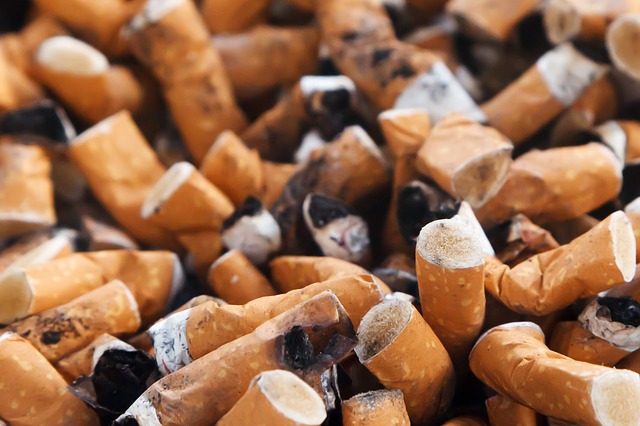“Many smokers think cigarette butts quickly biodegrade and therefore don’t really consider them as a litter. In reality, the filter is made out of a type of bioplastic that can take years, if not decades to break down.”
The study titled, “Cigarette butts have adverse effects on initial growth of perennial ryegrass (gramineae: Lolium perenne L.) and white clover (leguminosae: Trifolium repens L.)” was published earlier this month in Ecotoxicology and Environmental Safety. The study indicated that the presence of cigarette butts in soil harms certain plants, potentially disrupting some ecosystems.
“Despite being a common sight littering streets and parks worldwide, our study is the first to show the impact of cigarette butts on plants,” said lead author Dannielle Green, Ph.D. “Many smokers think cigarette butts quickly biodegrade and therefore don’t really consider them as a litter. In reality, the filter is made out of a type of bioplastic that can take years, if not decades to break down.”
Cigarette filters affect ecosystems
Green and her team surveyed three large parks in Cambridge, England, and found an average of 2.6 butts per square meter, with a maximum of 126 butts per square meter closer to park benches. In order to calculate any damage caused by these butts, the team added cigarette butts to pots with either perennial rye grass or clover seeds, species that are commonly found in urban green spaces and are amongst other things important for foraging livestock. Other pots received small wooden dowels in their soil as a control object.
“After 21 days, shoot length and germination success were significantly reduced by exposure to any type of cigarette filter for the grass and clover. Although total grass biomass was not measurably affected, the root biomass and root:shoot ratio were less in the clover when exposed to filters from smoked regular cigarettes and those with remnant tobacco,” read the study abstract.
Meanwhile, several experts have long been advocating for a ban on filters. “It’s pretty clear that there is no health benefit from filters,” San Diego State University public health professor Thomas Novotny, Ph.D., says. “They are just a marketing tool.”












